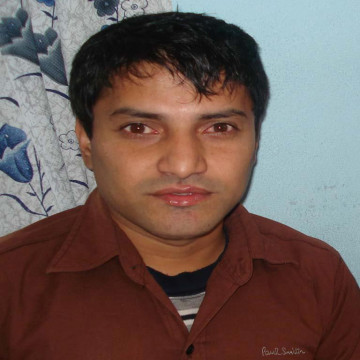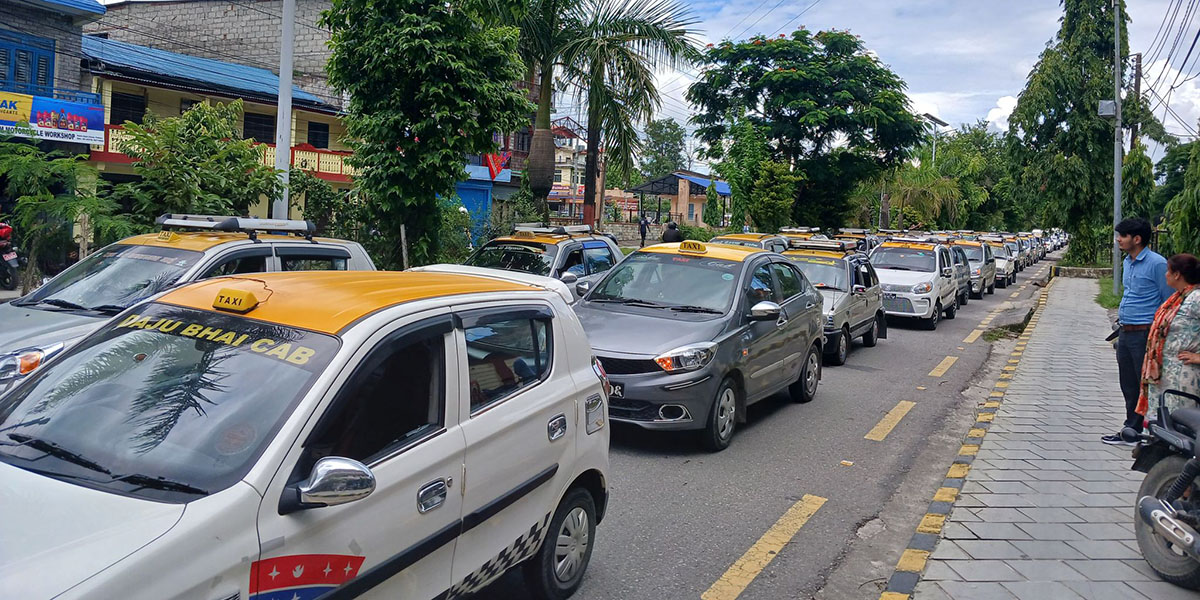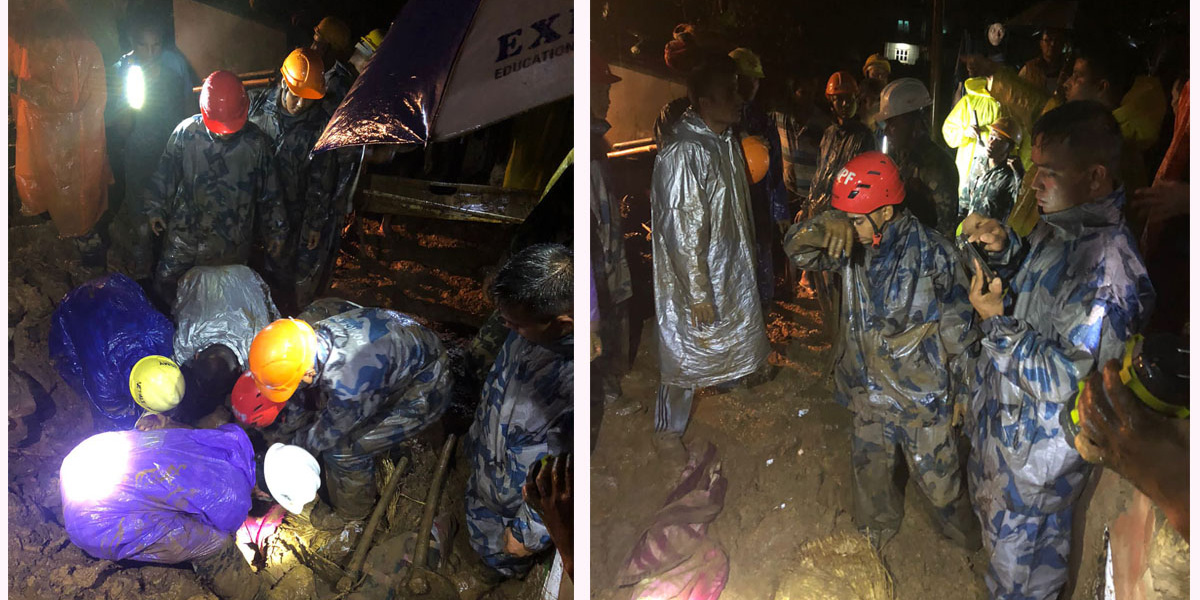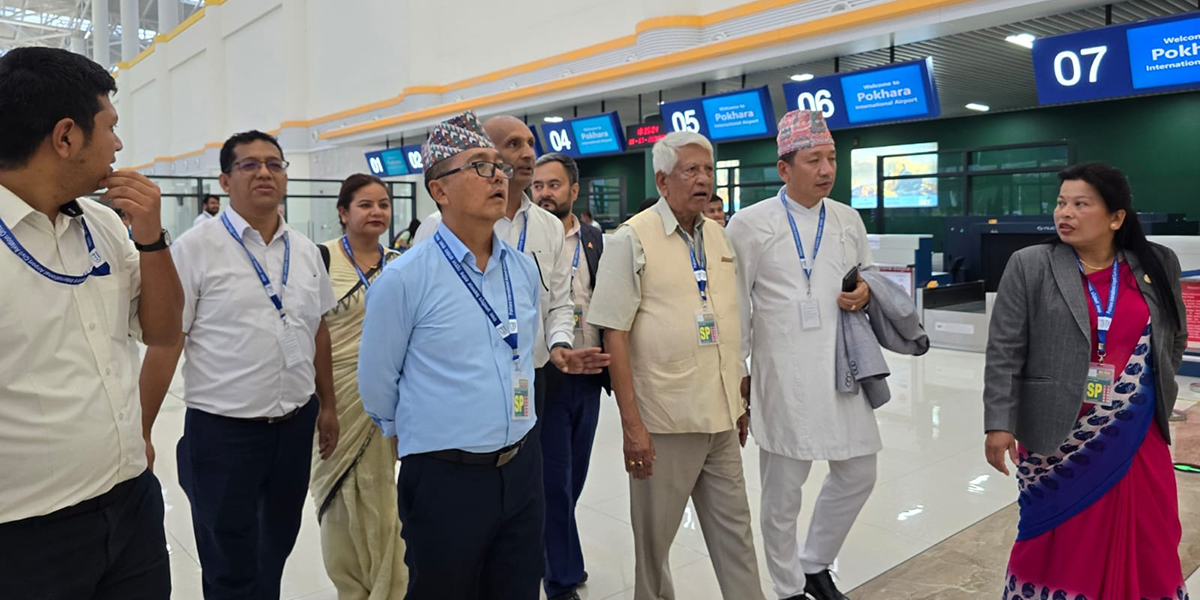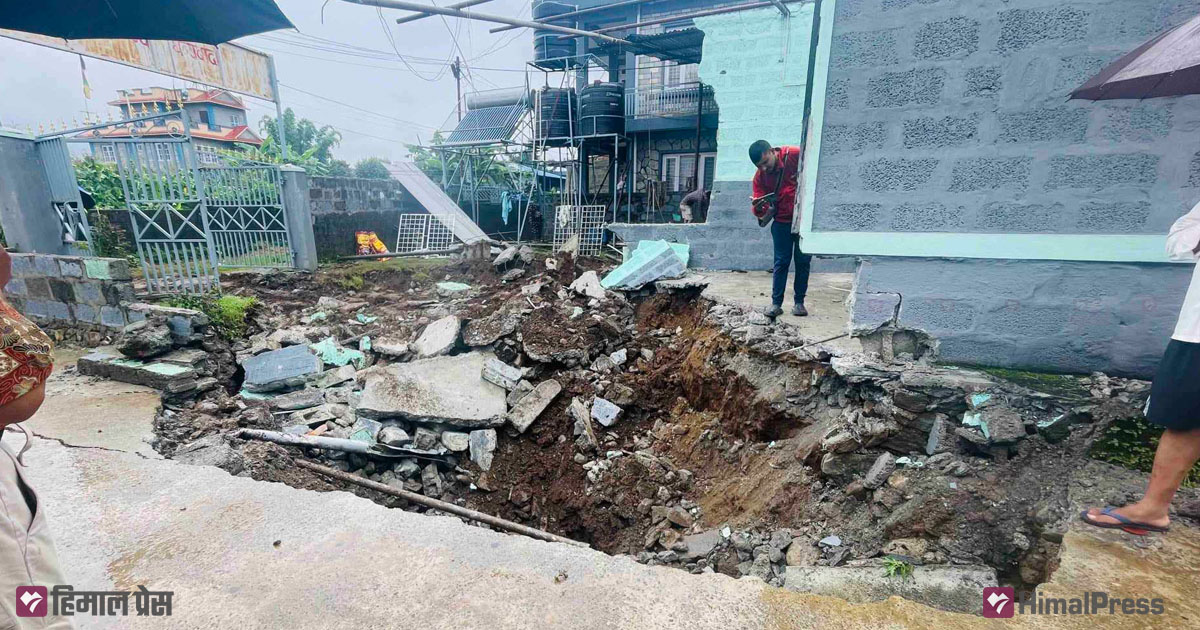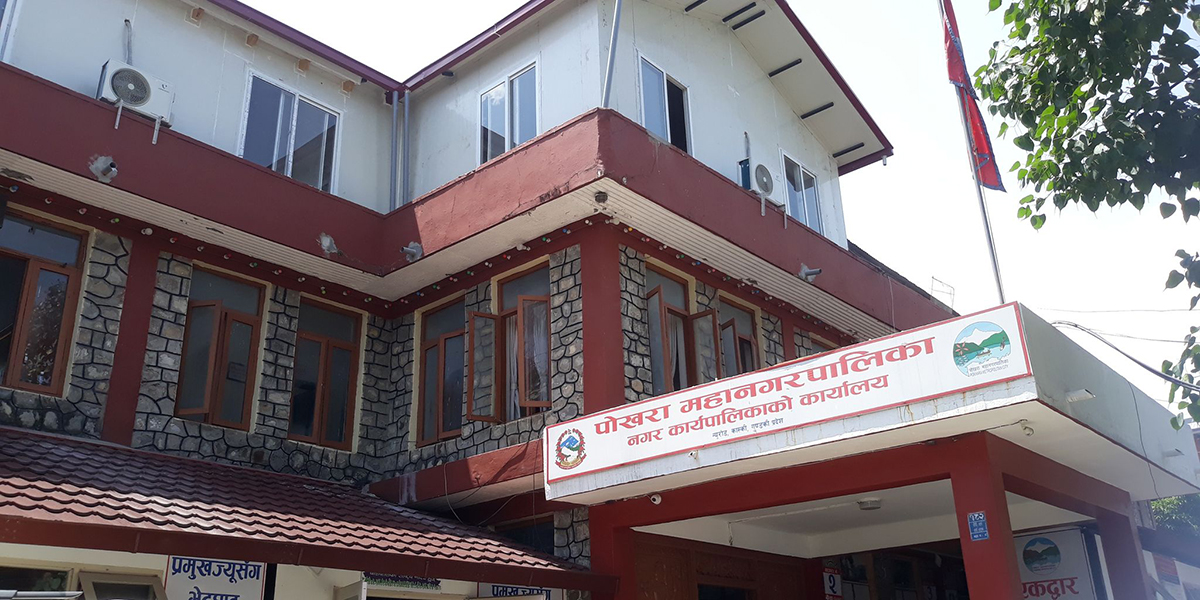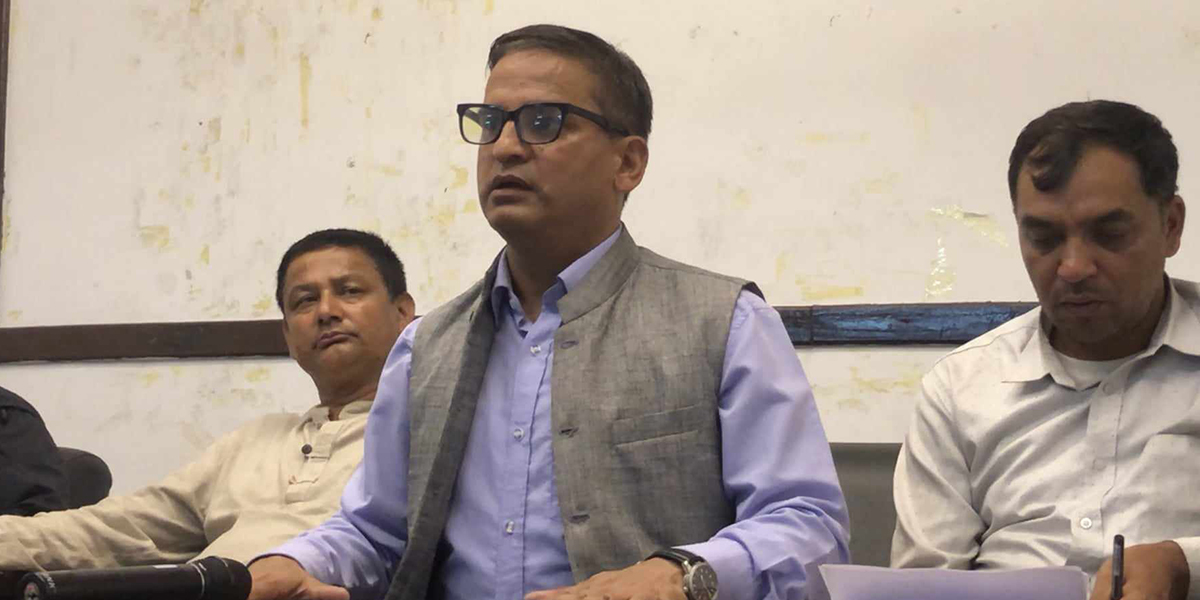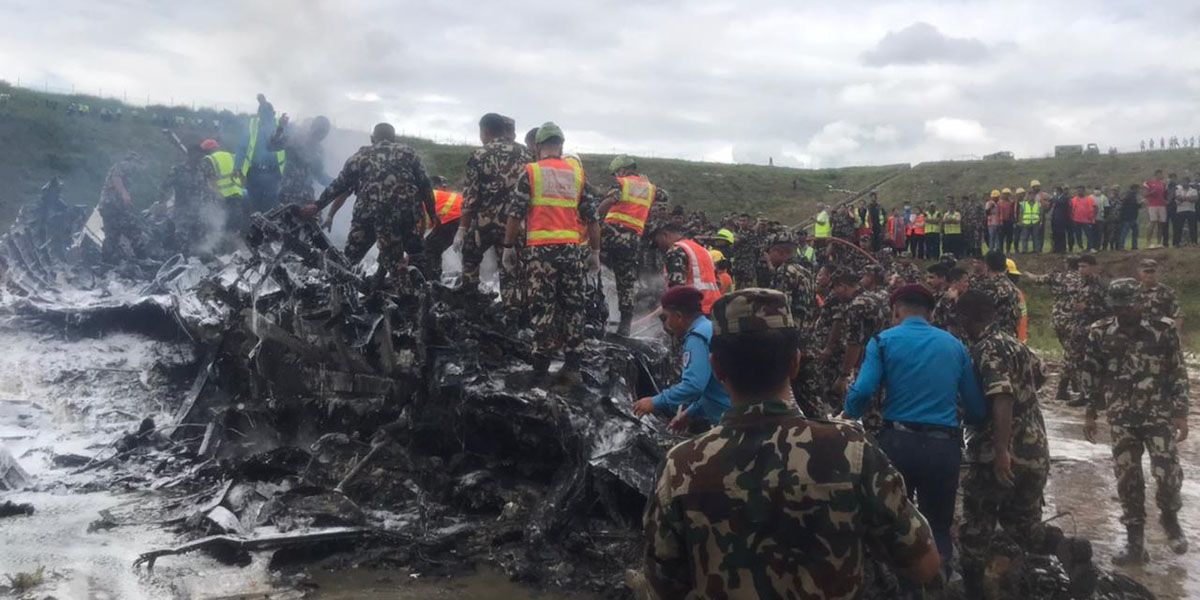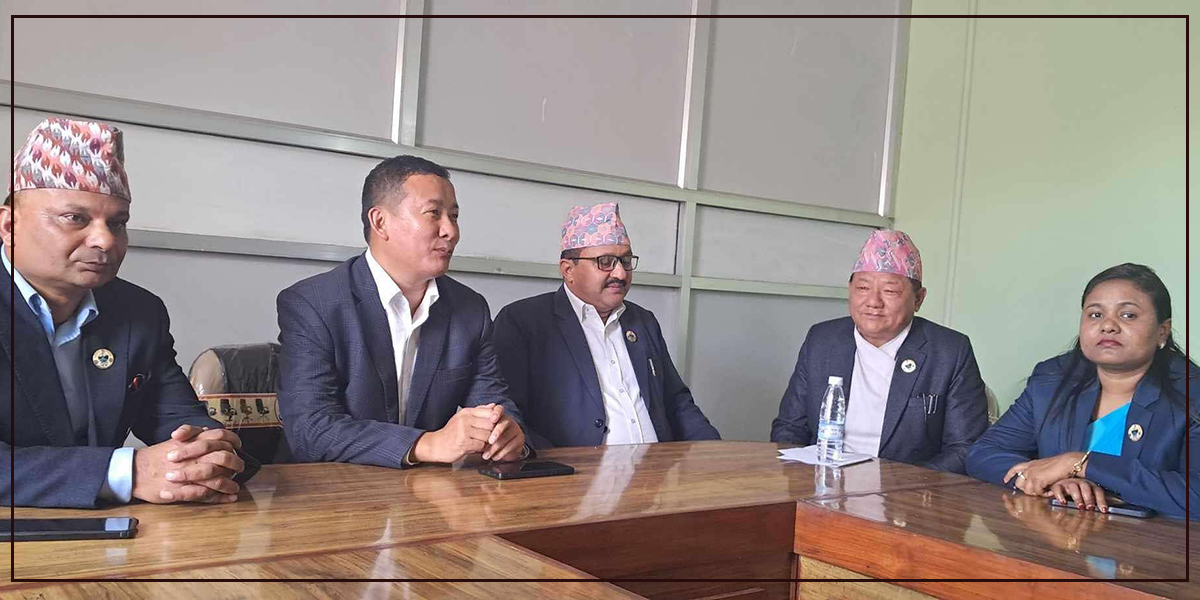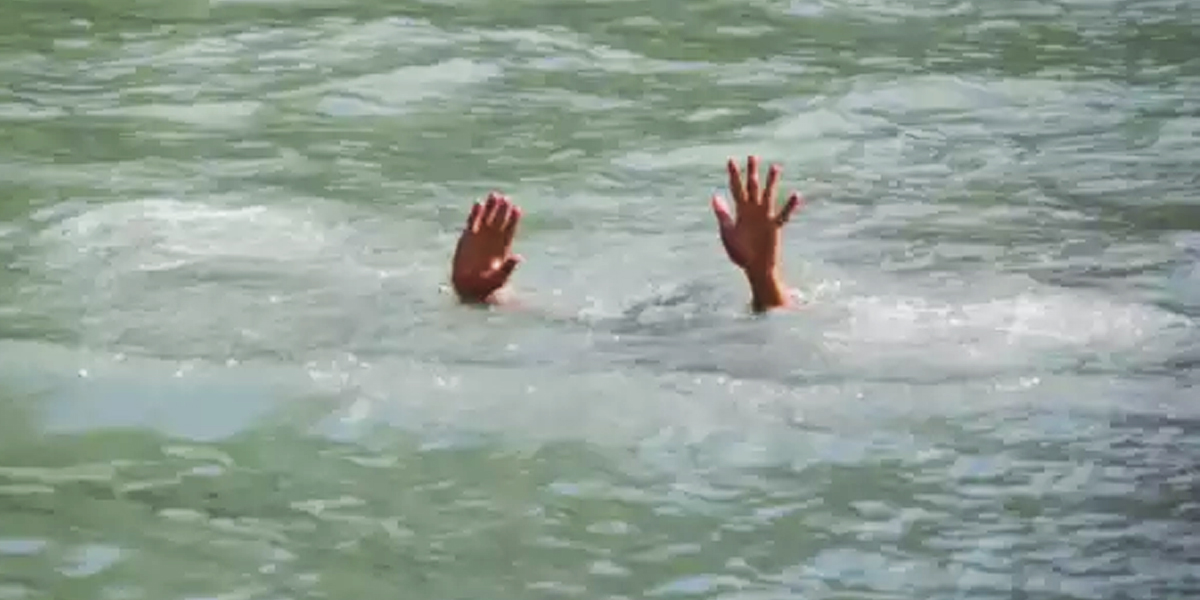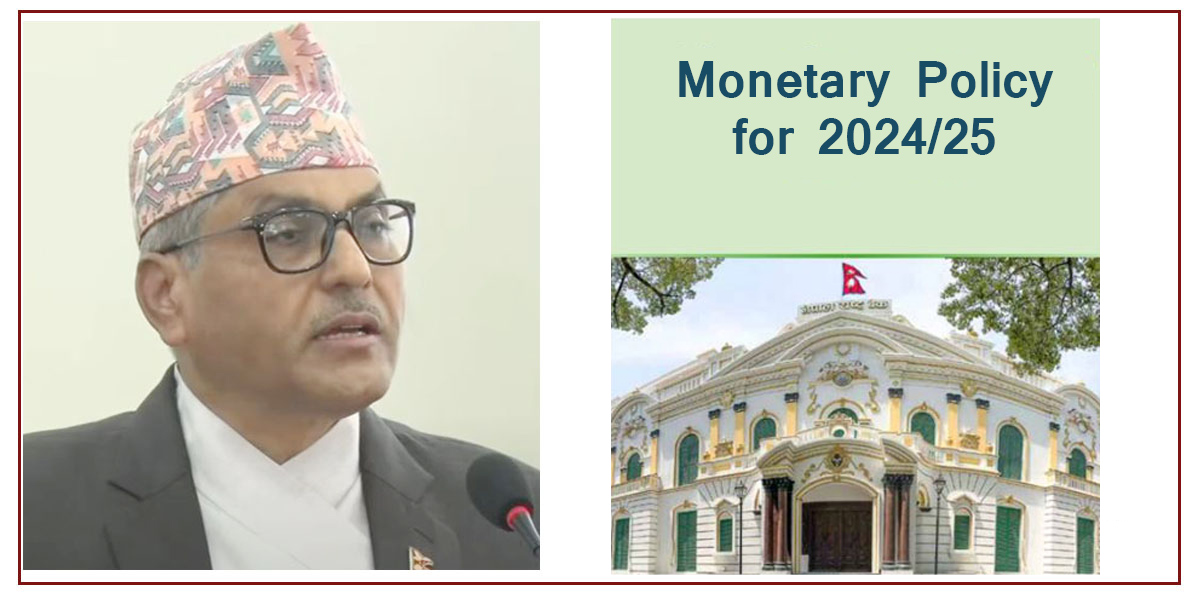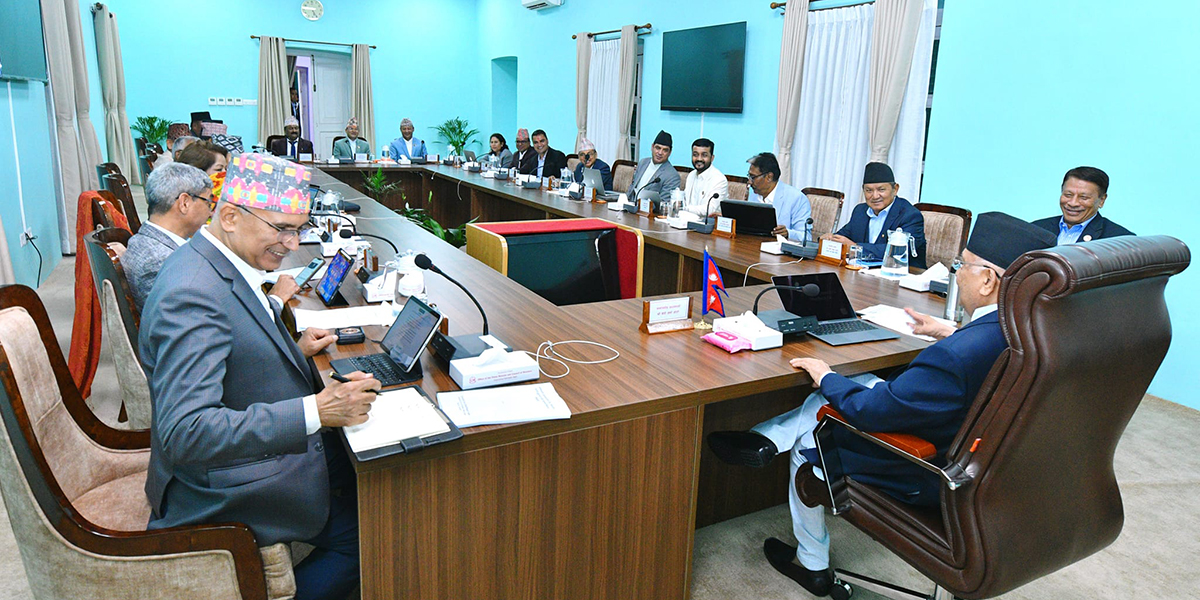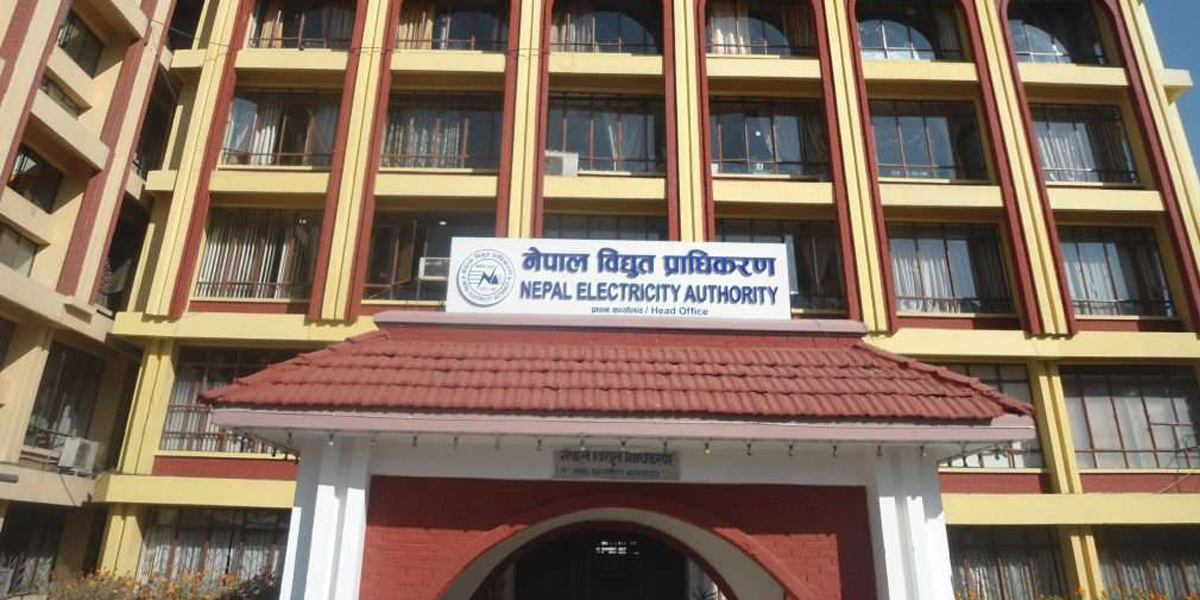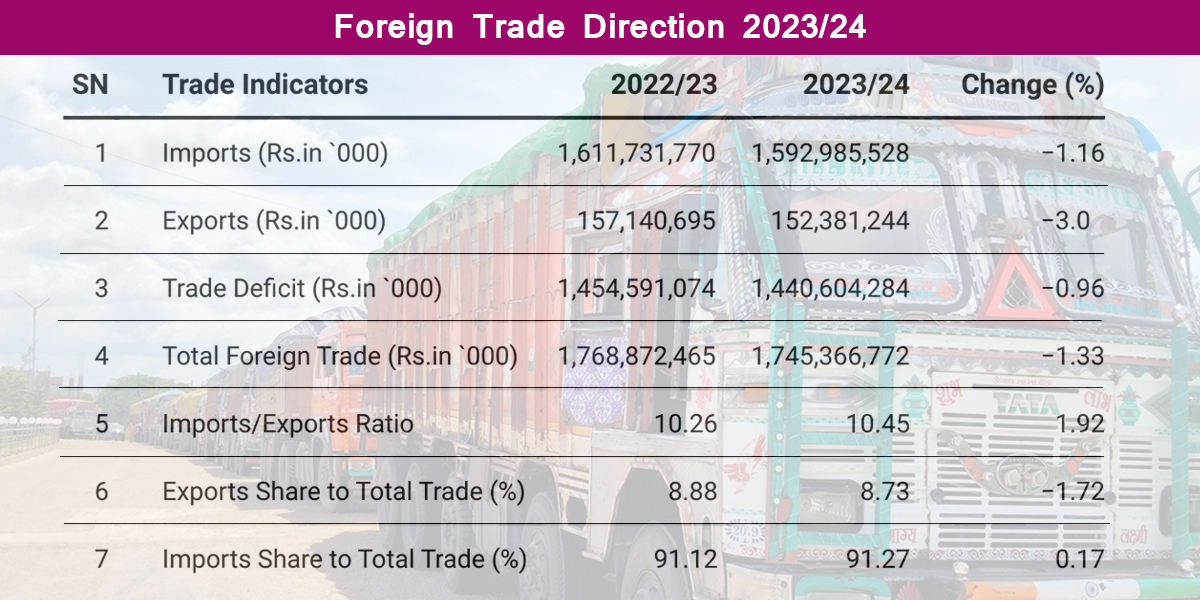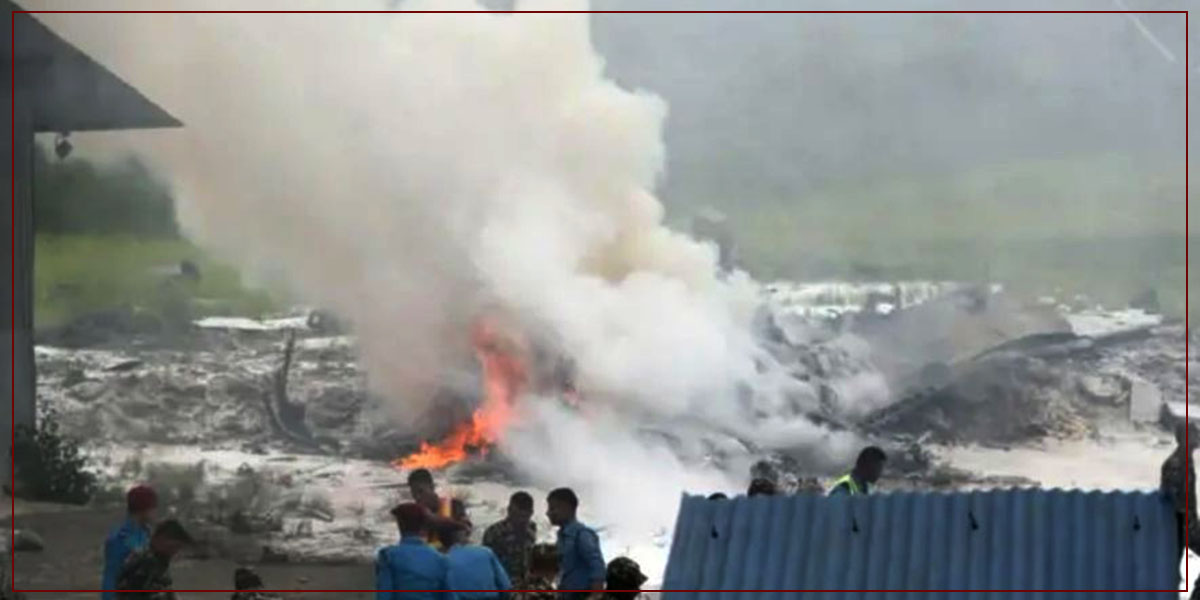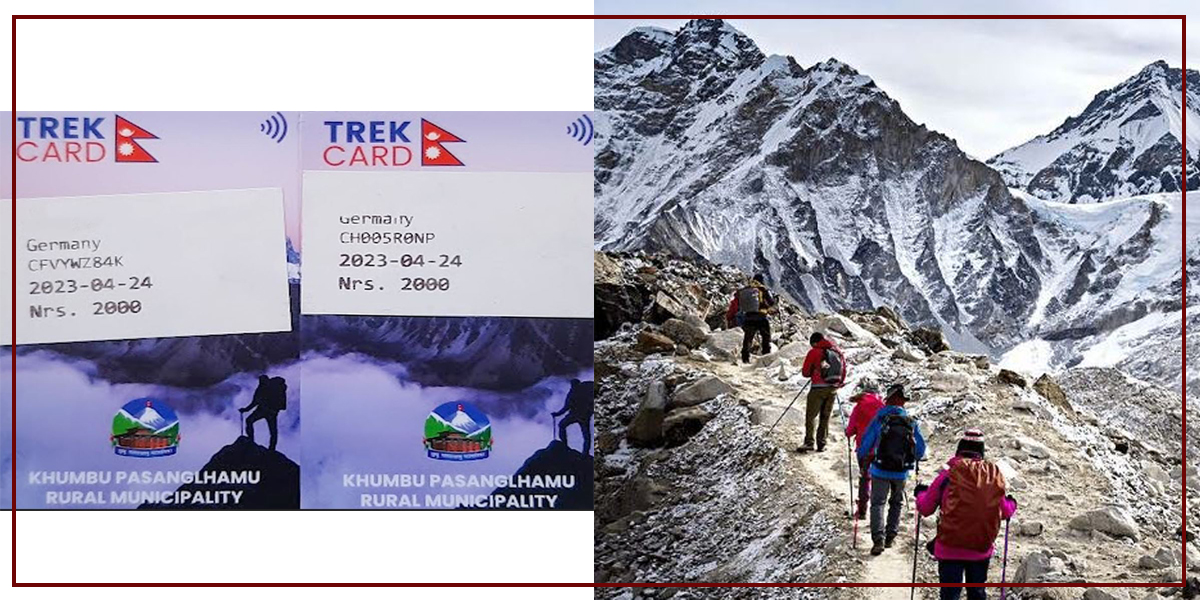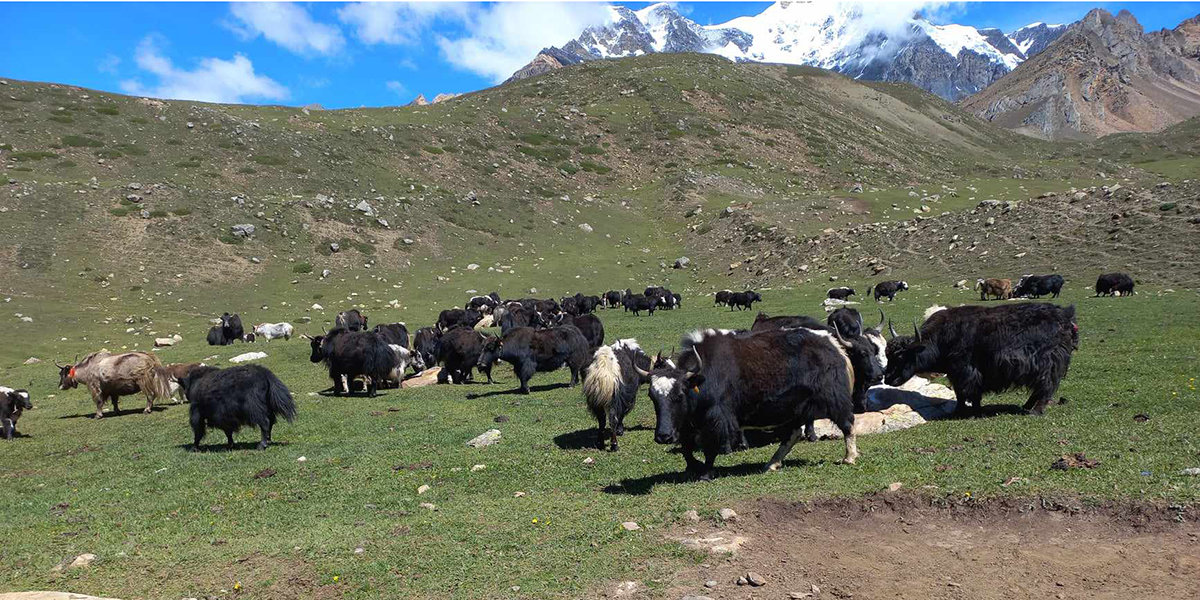 Yaks graze on a pastureland in Manang. Photo: Narayan Kusum
Yaks graze on a pastureland in Manang. Photo: Narayan Kusum
POKHARA: Suresh Thakali, 41, from Mustang, has been involved in yak farming in Manang for the past 15 years.
Yak farming has been a tradition in Suresh’s family for generations. While his father did not show interest in continuing the family profession, Suresh, a permanent resident of Tukuche, Mustang, decided to carry on the legacy.
“Pastureland is being destroyed, and it is difficult to protect yaks from snow leopards and wolves,” said Suresh. “What’s more concerning is our struggle to attract the younger generation to this ancestral profession.”
He also said genuine farmers are not benefiting from government grants which are of a ‘distributive’ nature. Suresh also said many farmers are still without insurance coverage. “Even those with insurance face challenges in receiving payments from insurers,” he added.
Yak farming, once a thriving profession in the mountainous regions of Nepal, has lost its charm in recent years. One of the reasons is the lack of interest from the new generation which has resulted in a scarcity of manpower. Livestock farmers like Suresh believe that the government should introduce programs to encourage yak farming. “Grants and incentives for farmers involved in commercial farming can be provided,” he suggested.
Suresh’s farm, SRD Yak Farm, is located near Kajinsara Lake, close to the base camp of Lamjung Himal. He currently owns 50 yaks, including calves, and also has 40 cows of the local breed. Suresh has provided permanent employment to two individuals, and he hires additional workers on a seasonal basis. The main sources of income for SRD Yak Farm are yak milk, ghee, meat, cheese, and wool. The farm generates around Rs 2 million in revenue, with annual savings of approximately Rs 1 million after deducting expenses.
In Manang, around 50 families are involved in yak farming, with 15-20 of them engaged in commercial farming. Each family owns a minimum of 40 yaks.
Narayan Kusum, the chief of the Veterinary Hospital and Livestock Service Expert Center in Manang, said that yak farming has declined in the district compared to previous years. “Existing farmers are struggling to find a workforce to herd the cattle due to the lack of interest among the new generation,” Kusum said. “Additionally, pastureland is depleting every year.”
According to the center, yak population in Manang hovers above 3,500. The horse and mule populations are approximately 400 and 300, respectively. Due to the challenging geography, mules are the only means of transporting food and other products to different villages in Manang. Out of the four local units in the district, Narpabhumi Rural Municipality still lacks road access. “People there rely on mules to transport supplies from Chame, which takes two days,” Kusum added.
While mules are still present in Manang, they have been entirely displaced in Mustang. All local units in Mustang now have road access.
“A few people in Mustang still use small packs of mules to transport goods for tourist groups, but this animal is rapidly disappearing from Mustang,” Sundar Kumar Thakali, a local journalist, told Himal Press.
Thakali stated that around 50 households in Mustang are involved in yak farming, with the majority located in Thasang and Lo Manthang.
Pradip Gauchan, the chairperson of Thasang Rural Municipality in Mustang, mentioned that he was rearing 150 yaks before the COVID-19 pandemic. “My farm suffered losses due to the pandemic. Now that I am elected to the local government, I haven’t been able to give proper attention to my farm,” he added.
Pest attacks, lack of grazing areas during winter, difficulties in the sale and distribution of meat due to cows being considered the national animal, and a shortage of manpower are some of the challenges faced by yak farmers in the district.

